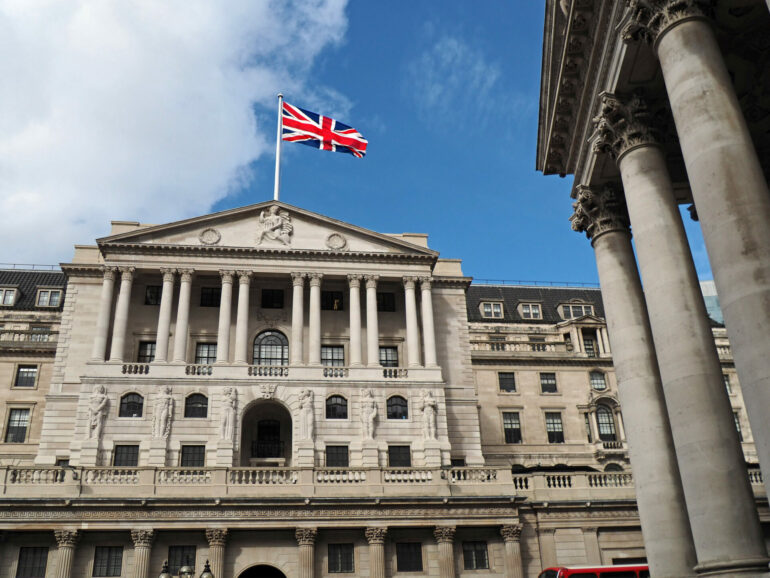Job data released today which showed a 1% drop in real pay will see the Bank of England hike interest rates on Thursday, economists predict.
The figures show that regular real pay fell by 1% year-on-year in the three months to January.
It represents the biggest fall in real regular pay since May to July 2014. Total pay rose just 0.1% in real terms, primarily due to strong bonus payments over the past six months.
Wages rose in nominal terms with total pay (including bonuses) grew 4.8%, while regular pay (excluding bonuses) was 3.8% in November-January 2022.
Economists now anticipate the third base rate rise since December with the Bank alarmed by the faster-than-expected rise in inflation further from its 2% target.
Paul Dales of Capital Economics said: “The further fall in the unemployment rate to within a whisker of the pre-pandemic rate will only encourage the Bank of England to raise interest rates on Thursday, probably from 0.50% to 0.75%, despite the coming extra hit to households’ real incomes from the war in Ukraine.
“What’s more, we think a low unemployment rate and high wage growth will prompt the Bank to raise rates to 2% next year.
“Last month, governor Andrew Bailey was widely criticised for saying that workers shouldn’t seek big pay rises to keep pace with inflation.”
Those fears over a wage-price spiral won’t have faded, according to Martin Beck, chief economic advisor to the EY ITEM Club: “The MPC’s worry will be that a tight jobs market risks inflationary second-round effects, as workers seek to offset cost of living pressures by asking for higher wages.
This means it’s now even likelier that the committee will raise interest rates on Thursday.
Derrick Dunne, CEO of YOU Asset Management, added that labour shortages will worry the Bank, with more than 1.3 million vacancies over the last quarter.
He said: “The labour shortage is in danger of becoming a bigger issue that feeds further inflation.
“Record high vacancies are a big dilemma for the Bank of England and another cloud in the broader cost-of-living crisis.
“Wage growth still lags inflation and people are moving jobs at record levels in search of better pay packets as a result.
“Such a tight labour market and pressure from workers will keep pushing employers to increase salaries.
“The BoE will be very conscious that this may have the effect of entrenching inflation more deeply into the economic landscape, by ensuring a vicious cycle of more wage growth and inflation.”




